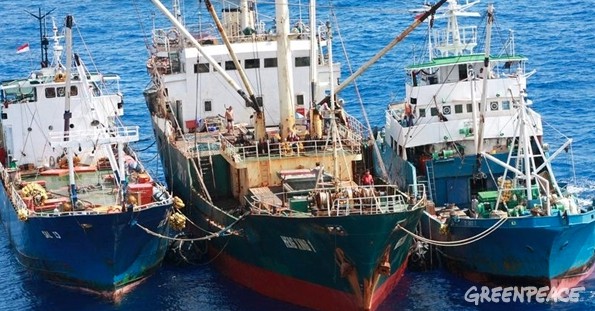
EU and Mauritania reach a new deal on fisheries
The European Union and the Islamic Republic of Mauritania have concluded a deal that will allow EU fishermen to fish in Mauritanian waters for four years. The agreement on a fourth implementing protocol to the EU’s sustainable fisheries partnership agreement (SFPA) with Mauritania was reached following negotiations in Nouakchott this …
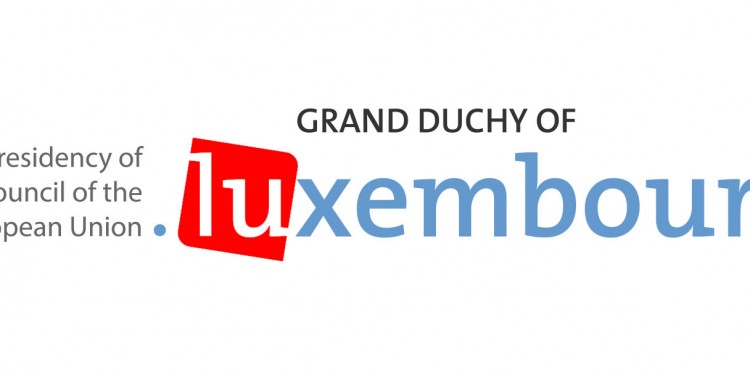
Fisheries priorities under the Luxembourg EU presidency
Luxembourg has taken the office of the Presidency of the Council of the European Union has taken office since Wednesday the 1st July 2015 until the 31st December 2015 (next Presidency is the Netherlands and Slovakia for the year 2016). Regarding fisheries, the Presidency’s priorities are: The principle of sustainability …
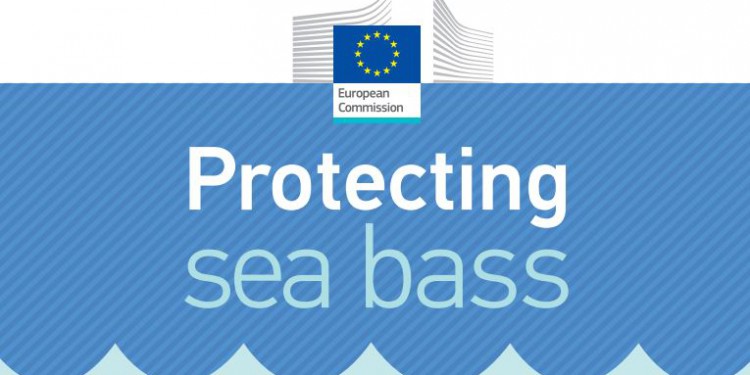
EU raises minimum size of northern sea bass
The EU has today taken another step to protect sea bass stocks in Europe. The 28 EU member states agreed to the Commission’s proposal to increase the minimum size for northern sea bass from 36 to 42 cm. The new rule applies to both commercial and recreational fishermen. This will …

No progress on Baltic Plan: “Council does not want to keep fish stocks at healthy levels”, say MEPs
Following negotiations spread over several meetings between Parliament, Council and the Commission, no agreement could be reached on Wednesday on the draft multiannual plan for fisheries in the Baltic Sea to ensure the sustainable exploitation of fish stocks and offer fishermen increased predictability over the long run. “The refusal …
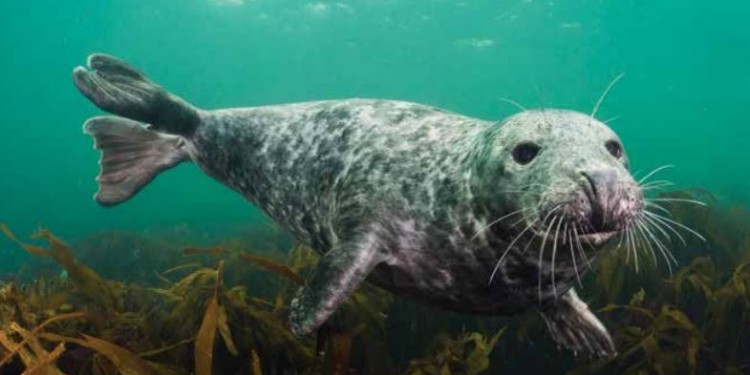
State of Europe’s seas
A new report from the European Environment Agency (EEA) has been published on the 24th of June. The main aim of this report is to assess whether Europe’s seas can be considered healthy, clean and undisturbed, and productive. These are three core aspects of the EU’s main marine policy instrument — the Marine …

Harvest Strategies: The next phase of fisheries management
Traditional fisheries management is a two-step process: First, scientists conduct stock assessments, and then fishery managers negotiate measures, such as quotas or time-area closures, to make sure that the resource—the targeted fish—is being used optimally and sustainably. While this seems simple enough, the current approach is anything but. With imperfect …

FUTURE BRIEF: Sustainable Aquaculture
Aquaculture is the fastest growing animal sector of worldwide food production. But, in Europe — in contrast with the rest of the world — the sector is stagnating and imports of seafood into the EU are rising. The EU’s Blue Growth Strategy identifies aquaculture — the farming of fish, shellfish …
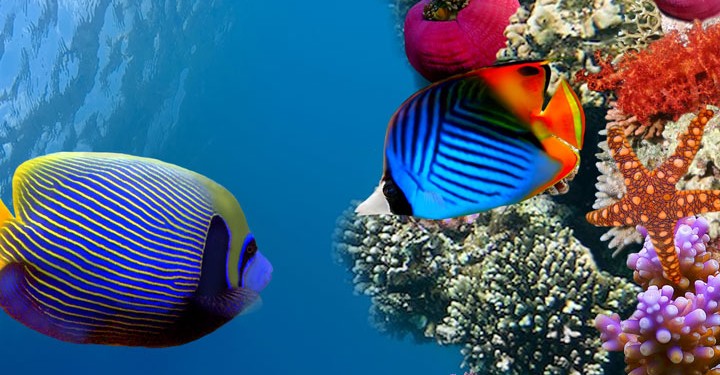
New, simplified system makes EU data for fisheries easily available
The European Commission has adopted today a proposal for a regulation, upgrading the EU framework for the collection, management and use of the data for fisheries. The data is crucial in improving the scientific advice necessary for the implementation of the Common Fisheries Policy (CFP). The most promising development is …
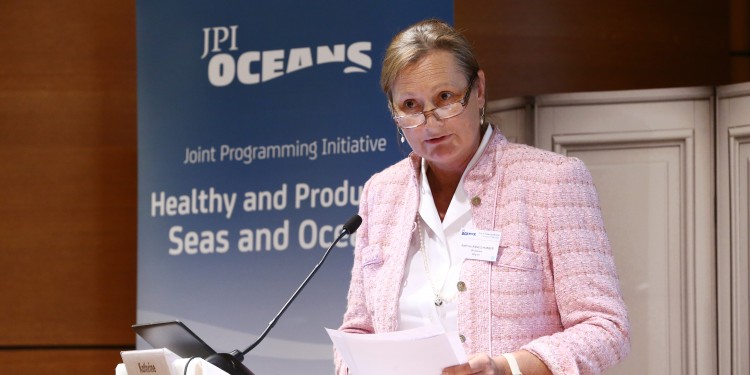
Report first JPI Oceans conference
The First JPI Oceans Conference, held at the Royal Flemish Academy of Belgium for Science and the Arts, in Brussels, Belgium, 7 May 2015, as a success with 175 participants from 29 different countries. The conference was opened by the Chair of the JPI Oceans Management Board, Caron Montgomery. After …

Marine sustainability in an age of changing oceans and seas
EASAC has conducted a study on marine sustainability, in collaboration with the European Commission’s Joint Research Centre, in recognition of the emerging governance challenges for integrating the various aspects of marine policy. The summary of the report was published as a scientific contribution to World Oceans Day. A full report …


